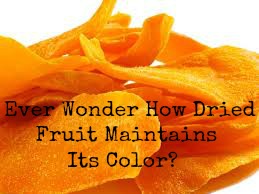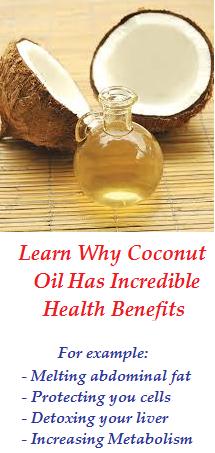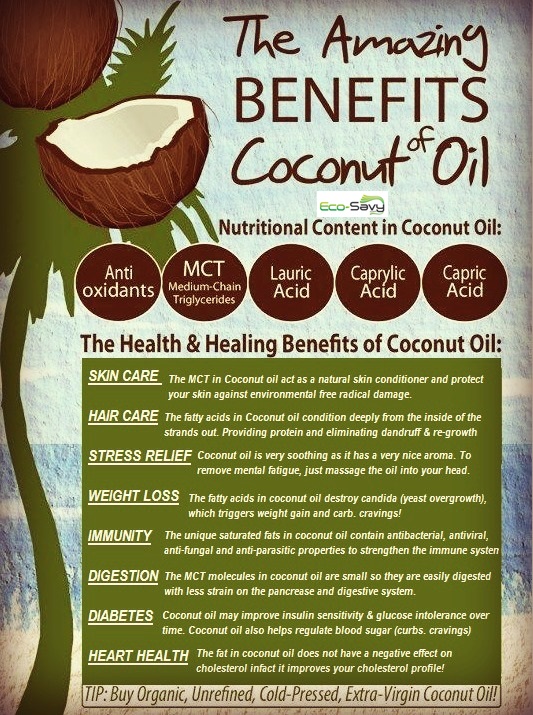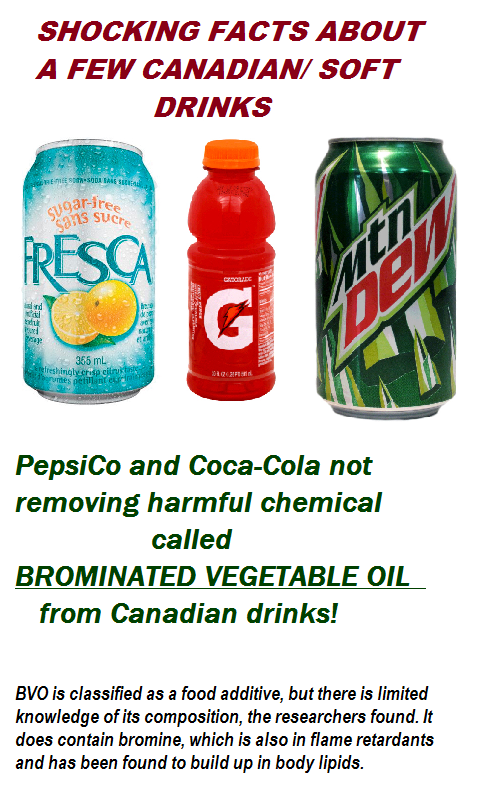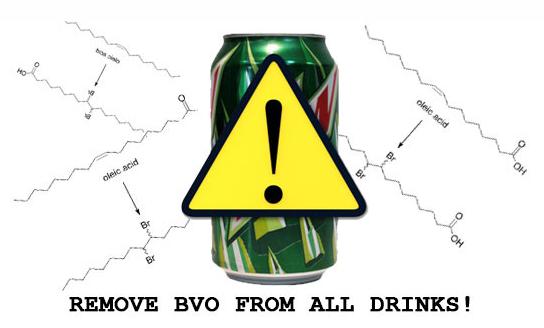Many of us think that by eating more fruits and vegetables, and less processed foods we will live a healthier and longer life. However, there are a slew of chemicals that can be added as preservatives to your fruits and vegetables that you should be aware of.
One surprising discovery was dried fruit. Say you are a fan of dried mango’s or papaya {like me}, well you may be shocked to learn that they aren’t as healthy as you would have previously thought. The main preservatives are often sulphites and tartrazine! -yuck! {Note: to learn more about tartrazine, I will refer to a previous article).
What Are Sulfites?
Food companies want you to buy their dried fruit but let’s face it, you probably wouldn’t buy it if it lost it’s bright color. Sulphites are often added to help preserve the coloring in these dried fruit products.
Sulphites are regulated food additives that are used as preservatives to maintain food colour and prolong shelf-life, prevent the growth of micro-organisms, and to maintain the potency of certain medications.
Sulphites are also used to bleach food starches (e.g. potato) and are also used in the production of some food packaging materials (e.g. cellophane).
Sulphite Allergy
Many people who consume sulphite-products, experience unpleasant side-effects (i.e. which is why the government is making a law that states all products with sulphites have to say “may contain sulphites”). For example, do you ever get weazy and experience asthmatic like symptoms when you eat dried fruit? You may not even realize this, but it could be the sulphite preservative!
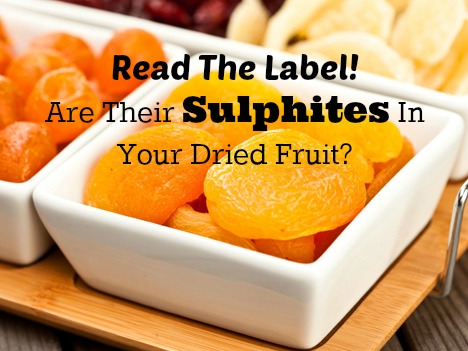
When researchers studied many harmful types of additives (i.e. azo dyes, artificial food coloring) and after comparing all literature from Jan 1966 to Jan 1999, the only causative agents for asthma and anaphylaxis was “sulphites”[i] However, the severity of reactions varies with steroid-dependent asthmatics, as well as for those with marked airway hyper-responsiveness.
Topical, oral or parenteral exposure to sulphites has also been reported to induce a range of adverse clinical effects in sensitive individuals, ranging from dermatitis, urticaria, flushing, hypotension, abdominal pain and diarrhoea to life-threatening anaphylactic and asthmatic reactions.[ii]
Foods With Sulphites
Besides dried fruit there are many other food products that contain sulphites. Here is a list of the most common:
- Bottled lemon and lime juices and concentrates
- Dried fruit
- Canned and frozen fruits and vegetables
- Cereal, cornmeal, cornstarch, crackers and muesli
- Condiments, for example, coleslaw, horseradish, ketchup, mustard, pickles, relish and sauerkraut
- Dehydrated, mashed, peeled and pre-cut potatoes, and frozen french fries
- Dried fruits and vegetables, such as apricots, coconut and raisins, sweet potato
- Dried herbs, spices and teas
- Fresh grapes
- Fruit fillings and syrups, gelatin, jams, jellies, preserves, marmalade, molasses and pectin
- Fruit and vegetable juices
- Glazed and glacéed fruits, for example, maraschino cherries
- Starches, (for example, corn starch, potato starch)
- Sugar syrups, for example, glucose, glucose solids, syrup dextrose, corn syrup, table syrup
- Tomato pastes, pulps and purees
- Vinegar and wine vinegar
- Baked goods, especially with dried fruits
- Deli meats, hot dogs and sausages
- Dressings, gravies, guacamole, sauces, soups and soup mixes
- Fish, crustaceans and shellfish
- Granola bars, especially with dried fruit
- Wine
So next time you shop for dried fruits, make sure to check the label for sulphites and tartrazine. If the product doesn’t contain these preservatives, it’s a healthy option for you to buy!
References
[i] Vally, H., Misso, N.L.A., Madan, V. Clinical Effects of Sulphite Additives. 2009. Clinical & Experimental Allergy. Vol. 39 (11): 1643-1651
[ii] Ziekenhuis, A., Gronigen, A. Food additives as a cause of medical symptoms: relationship shown between sulfites and astha and anaphylaxis; results of a literature review. 2000. Nederlands Tijdschrift Voor Geneeskunde. 144(38):1836-1839]

